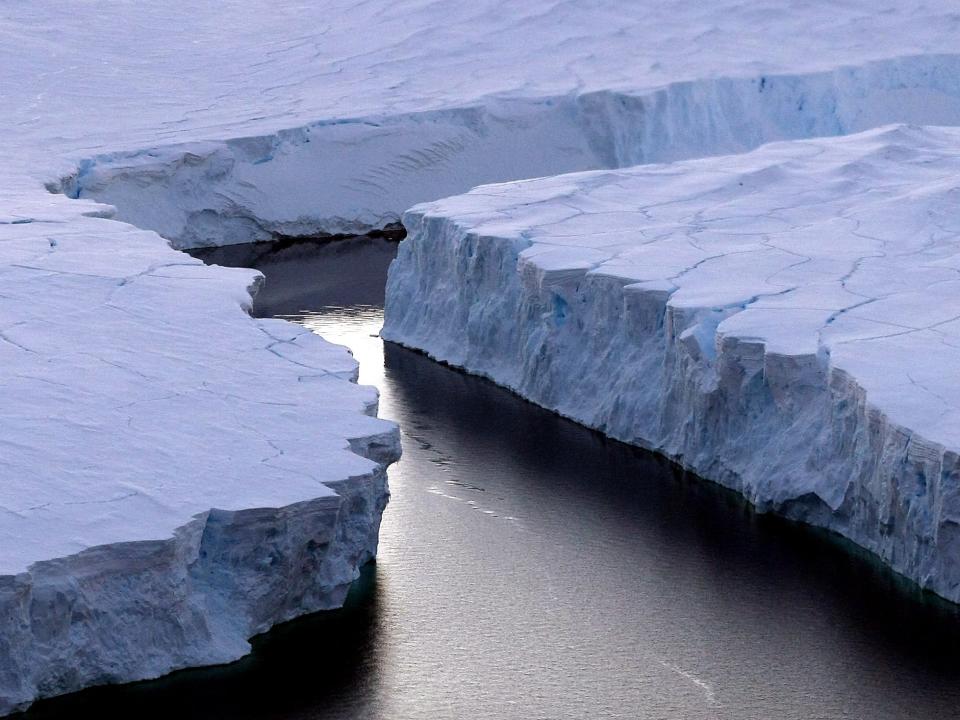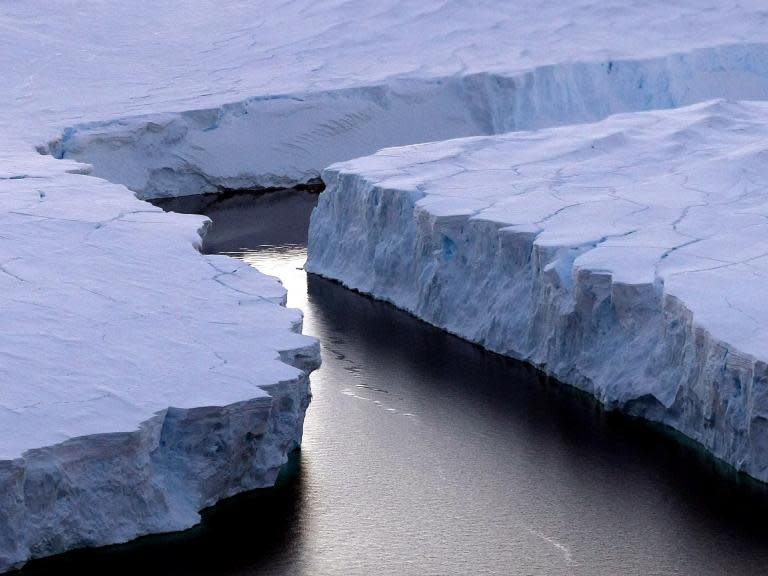We have 12 years to act on climate change before the world as we know it is lost. How much more urgent can it get?
Twelve years. According to climate scientists, that’s how long until we hit the 1.5C tipping point if we carry on as we are.
Such a shift in our planetary temperature will imperil not only low-lying areas because of the increased risk of floods, but will have consequences for all of us – not least due to the necessary migration of millions of people away from areas that become uninhabitable.
Coral reefs will vanish; many ancient trees will not survive; extreme weather events will become ever more common. The Intergovernmental Panel on Climate Change paints a bleak picture.
Yet the scientists are also clear that we can still hold the line on further damaging change – if we’re prepared to act fast and invest a great deal of money. By reducing CO2 emissions by nearly half from their 2010 levels, we could give ourselves a fighting chance; by planting millions of trees and using technology to further capture carbon dioxide too, we might just do it.
But in all honesty it is hard to feel optimistic about the world’s ability to make that happen. The World Wildlife Fund’s lead climate change scientist, Chris Weber, says “the difference between possibility and impossibility is political will”, which in present circumstances is unnerving, to say the least.
For one thing, the world’s most powerful politician is arguably its most famous climate change sceptic. According to Donald Trump, “the concept of global warming was created by and for the Chinese in order to make US manufacturing non-competitive”. Sure enough, he backed up such Twitter trash-talk by pulling America out of the Paris climate agreement soon after taking up residence in the White House.
Meanwhile, in China – the world’s biggest greenhouse gas emitter by a distance – the amount of carbon being thrown into the atmosphere is increasing: emissions rose by 4 per cent in the first three months of 2018. As it goes, the Chinese have invested significantly in renewables, yet the growing prosperity of its vast population continues to increase demand for energy to such an extent that curbing carbon output is challenging, to say the least. India’s CO2 emissions are also soaring – albeit from a much lower base, which means there is a glimmer of hope on the subcontinent for a greener future.
Even at the individual level, though – and even among those who accept that climate change is a real and present danger – is there really the will to change our ways for good? We might be more likely to consider a car’s carbon emissions when we choose a new motor; but are we really much less inclined to drive the short distance to the shops when there’s a bit of rain in the air?
Likewise, we might be shocked when we see a show on TV like last week’s Drowning in Plastic – which revealed the amount of plastic being swallowed by seabirds, among other horrors – but can we maintain the hastily made resolution never again to buy plastic tat for the kids when they’re whining their way round the supermarket?
Those who deny climate change remain peculiarly certain that all will be well. And in light of Trump’s attitude, China’s demographic reality, as well as our own human weakness, there is a temptation to throw up our hands and give it all up to fate.
But of course we mustn’t. After all, even if there was a modest chance that the vast majority of climate scientists and policymakers were right in their conclusions about the way we are changing our planet – and about the likely consequences – then it would seem sensible to act in a way that might reduce the level of harm we are doing to the planet (frankly, it would seem bonkers to do otherwise). That means making myriad small changes to our lives; and it means pressuring politicians to pursue green policies.
We may not be able to hold back the tide – and at present the outlook looks pretty bleak: but for goodness sake let’s at least try.

 Yahoo News
Yahoo News 

